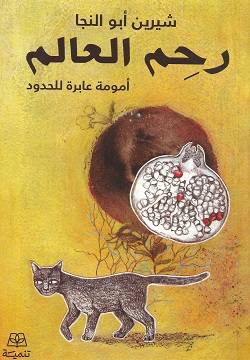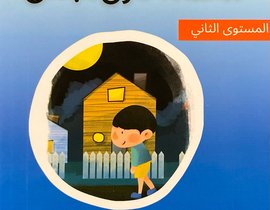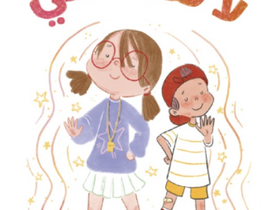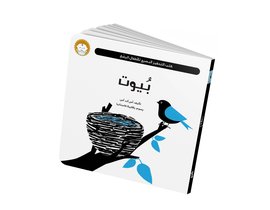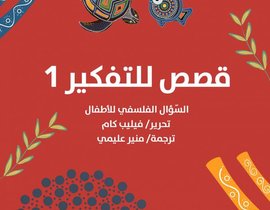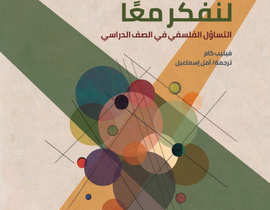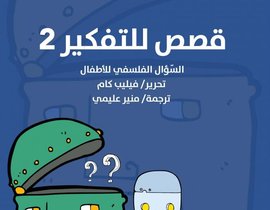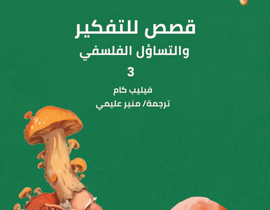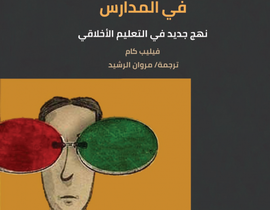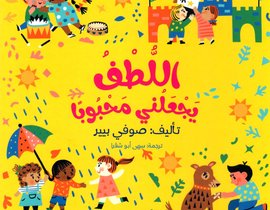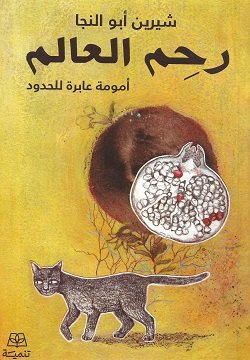 12%
12%Off
Details
The Arabic culture has never allowed motherhood to become a purely researchable question. Instead, it has ensured that it remains enclosed within a framework where religion, sacredness, holiness, and nationalism intertwine, keeping the matter as it is. Arabic culture is well aware of the dangers of questioning this topic. Nevertheless, hardly any book fails to mention the mother—she is a central figure in novels, films, and television series. She is strongly present in autobiographies and personal histories. She takes on multiple roles in criminal courts and family courts, and she is the foundation of personal status laws and inheritance. She is the one who connects the family to the home, the primary instigator of circumcision, the most important figure in a wedding—even more than the bride herself—and she is the one who recites prayers at dawn for all her children. Despite this powerful presence, motherhood remains an unquestioned given that does not provoke intellectual inquiry or encourage questioning.
- Home
- »
- Arabic Book
The Arabic culture has never allowed motherhood to become a purely researchable question. Instead, it has ensured that it remains enclosed within a framework where religion, sacredness, holiness, and nationalism intertwine, keeping the matter as it is. Arabic culture is well aware of the dangers of questioning this topic. Nevertheless, hardly any book fails to mention the mother—she is a central figure in novels, films, and television series. She is strongly present in autobiographies and personal histories. She takes on multiple roles in criminal courts and family courts, and she is the foundation of personal status laws and inheritance. She is the one who connects the family to the home, the primary instigator of circumcision, the most important figure in a wedding—even more than the bride herself—and she is the one who recites prayers at dawn for all her children. Despite this powerful presence, motherhood remains an unquestioned given that does not provoke intellectual inquiry or encourage questioning.
-
Sold by
booksh
See other items

- SKUsku_16_5036
- ShippingOODDSS Economy Delivery 1KD,
-
Delivery
Varies for items shipped from an international location
Delivery within 4 business days - CountryKuwait
- Return0 days
Details
The Arabic culture has never allowed motherhood to become a purely researchable question. Instead, it has ensured that it remains enclosed within a framework where religion, sacredness, holiness, and nationalism intertwine, keeping the matter as it is. Arabic culture is well aware of the dangers of questioning this topic. Nevertheless, hardly any book fails to mention the mother—she is a central figure in novels, films, and television series. She is strongly present in autobiographies and personal histories. She takes on multiple roles in criminal courts and family courts, and she is the foundation of personal status laws and inheritance. She is the one who connects the family to the home, the primary instigator of circumcision, the most important figure in a wedding—even more than the bride herself—and she is the one who recites prayers at dawn for all her children. Despite this powerful presence, motherhood remains an unquestioned given that does not provoke intellectual inquiry or encourage questioning.


